Cold-water fish are losing their habitats in temperate lakes due to a climate change “squeeze,” scientists have found.
A new study published in the Proceedings of the National Academy of Sciences found that fish species are experiencing two climate-related changes at a time in their habitat: an increase in water temperature, and a lack of water clarity.
A lack of water clarity, which is also known as browning, causes heat to become trapped at the surface of the water. This can decrease the amount of oxygen in lakes, making parts of them uninhabitable.
To analyze the effects of climate change on these species, lead author Stephen Jane and colleagues looked at data from 28 browning lakes in the Adirondack region of New York. This is habitat to the lacustrine brook trout.
They discovered that over 20 years, between 1994 and 2012, lake surface temperatures increased, while oxygen levels decreased. They then looked at 15 browning lakes during 2021, and found that this phenomenon is outpacing the expansion of cool water habitat, meaning these fish are experiencing substantial habitat loss.
These findings suggest that fisheries need to account for the loss in habitat for these cold-water species. During the study, the scientists identified four lake categories: “constrained, squeezed, overheated, and buffered.”
“In most of our study lakes, trout face either seasonal loss or dramatic restriction of suitable habitat. These sobering statistics reflect rapid upward expansion of oxygen depletion in lakes,” the study said. “Only in very clear lakes has browning potentially mitigated climate warming. Applying our findings to extensive survey data suggests that decades of browning have reduced oxythermal refugia in most Adirondack lakes.”
The authors conclude that warming, along with browning, may make it impossible for cold-water fisheries to succeed in temperature lakes.
“Lake surface waters are warming worldwide, and many lakes are simultaneously experiencing increasing dissolved organic carbon loading. This ‘browning’ traps heat at the surface, expanding deep-water thermal refuges for cold-loving species,” the authors said.
“However, browning can deplete dissolved oxygen, potentially making thermal refugia uninhabitable. Our analysis reveals that late summer oxythermal habitat availability is closely correlated with dissolved organic carbon concentrations. Browning-induced deoxygenation of bottom waters outpaces expansion of cool-water habitat in most lakes, thereby squeezing cold-loving organisms between inhospitable layers. For cold-water organisms such as salmonid fishes, the oxythermal squeeze arising from warming surface waters and declining bottom-water oxygen represents an existential threat to population persistence.”
These findings are just one example of how climate change is affecting the world’s species. Global warming is increasing the temperatures of many water bodies, driving out the species that are used to colder habitats.
Other victims of this phenomenon include plankton—organisms that propel against water currents—which are highly sensitive to any change in water temperature and oxygen levels.
Scientists have noticed them dying in areas where the water gets too warm, according to the Environmental Protection Agency. They are highly important for the food chain, and when they die, many larger animals that feed on them, such as whales, can starve.
This article by Robyn White was first published by Newsweek on 1 January 2024. Lead Image: A stock photo shows a brown trout near the surface of a lake. Scientists have found that the habitat of cold-water fish species is decreasing. CHRISTIANNAFZGER/GETTY.
What you can do
Help to save wildlife by donating as little as $1 – It only takes a minute.
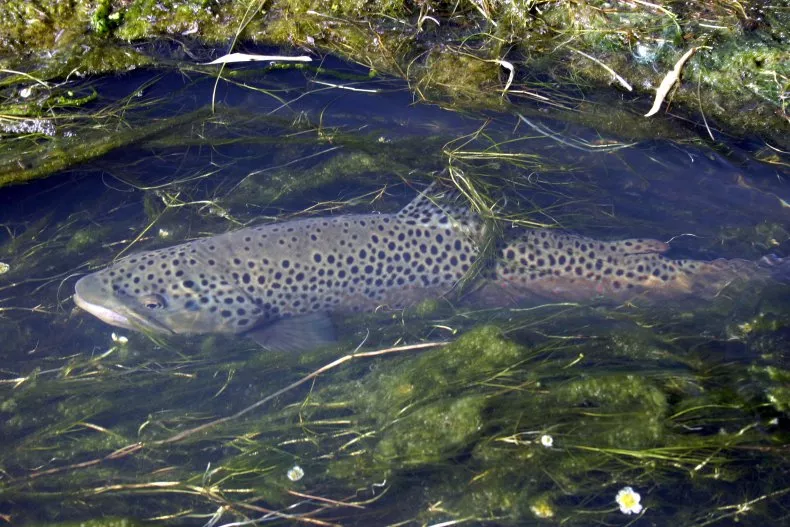

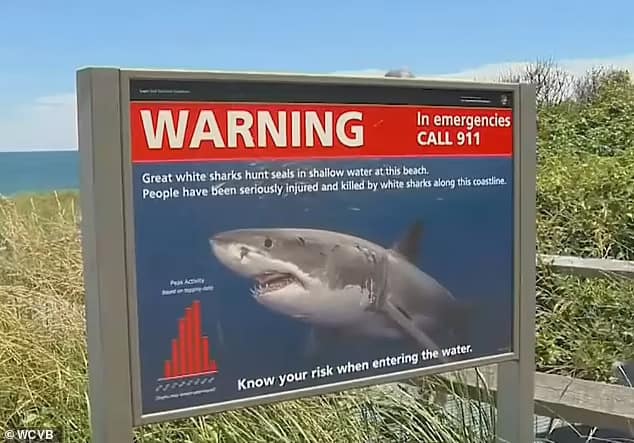

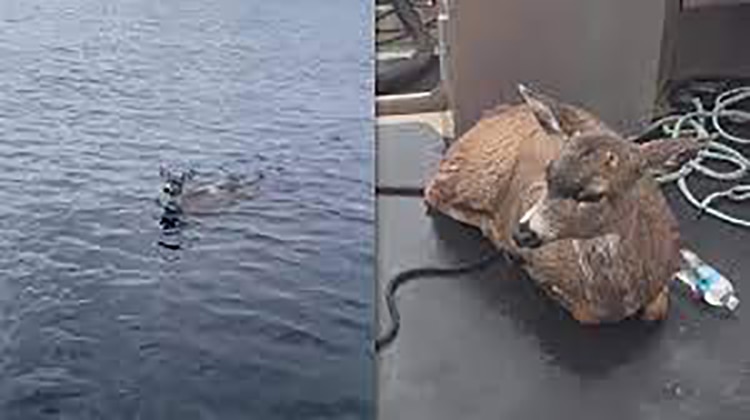
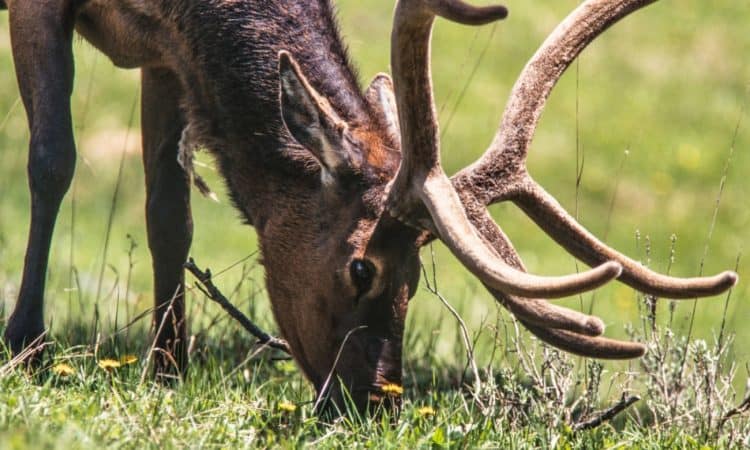
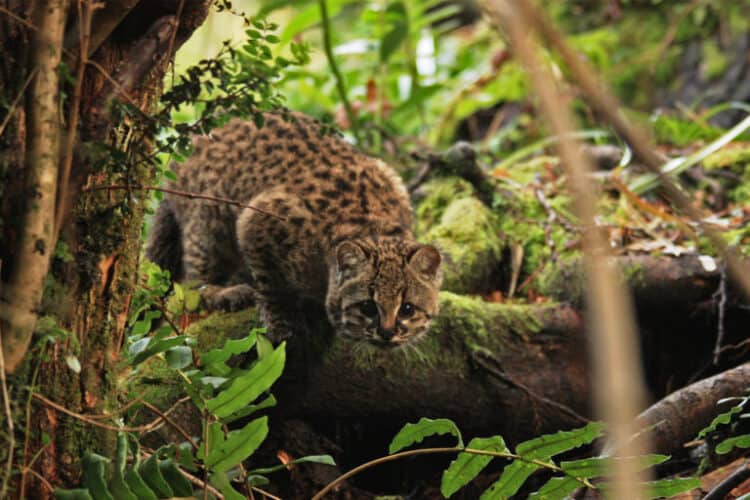
Leave a Reply